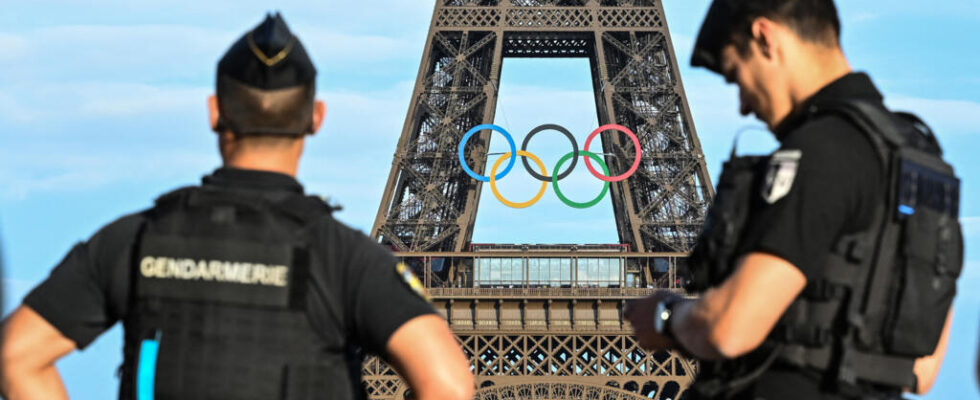Every four years, the World Cup and the Olympic Games are the two most publicized globalized sporting events. All nations send athletes to the Olympics. They are the most visible and popular events on the planet. But they are not just sports competitions. Their strategic or geopolitical impact is increasingly evident. At a time when globalization is erasing national identities, sports competitions are redefining them.
During the Olympic Games, the power of nations is measured by the number of medals. We are in the midst of soft power. National representation through the exercise of sporting competition is much more visible and unifying than an embassy at the UN. Membership in the International Olympic Committee is as important as membership in international organizations. Major sporting events have become weapons of mass seduction.
In 2014, Russia used the Sochi Winter Games to signal its return to the international stage. The same year, it annexed Crimea. For the Paris Games, Moscow was suspended by the IOC, but Russian athletes can participate in the events as individuals, under a neutral banner. From the Berlin Olympics in 1936 to the FIFA World Cup in Qatar, sporting events are fraught with political stakes. How did sport become a tool for international strategy?
Guests :
- Carole Gomez, graduate assistant at the University of Lausanne in sociology of sport.
- Pascal Boniface, Director of Iris, the Institute of International and Strategic Relations. “A world of games”, the geopolitical history of the Olympic Games explained in pictures.
- Kevin Veyssiere, founder of FC Geopolitics, the media that popularizes geopolitics and sport. Geolympics. The great geopolitical stories of the Olympic Games », Max Milo editions.
